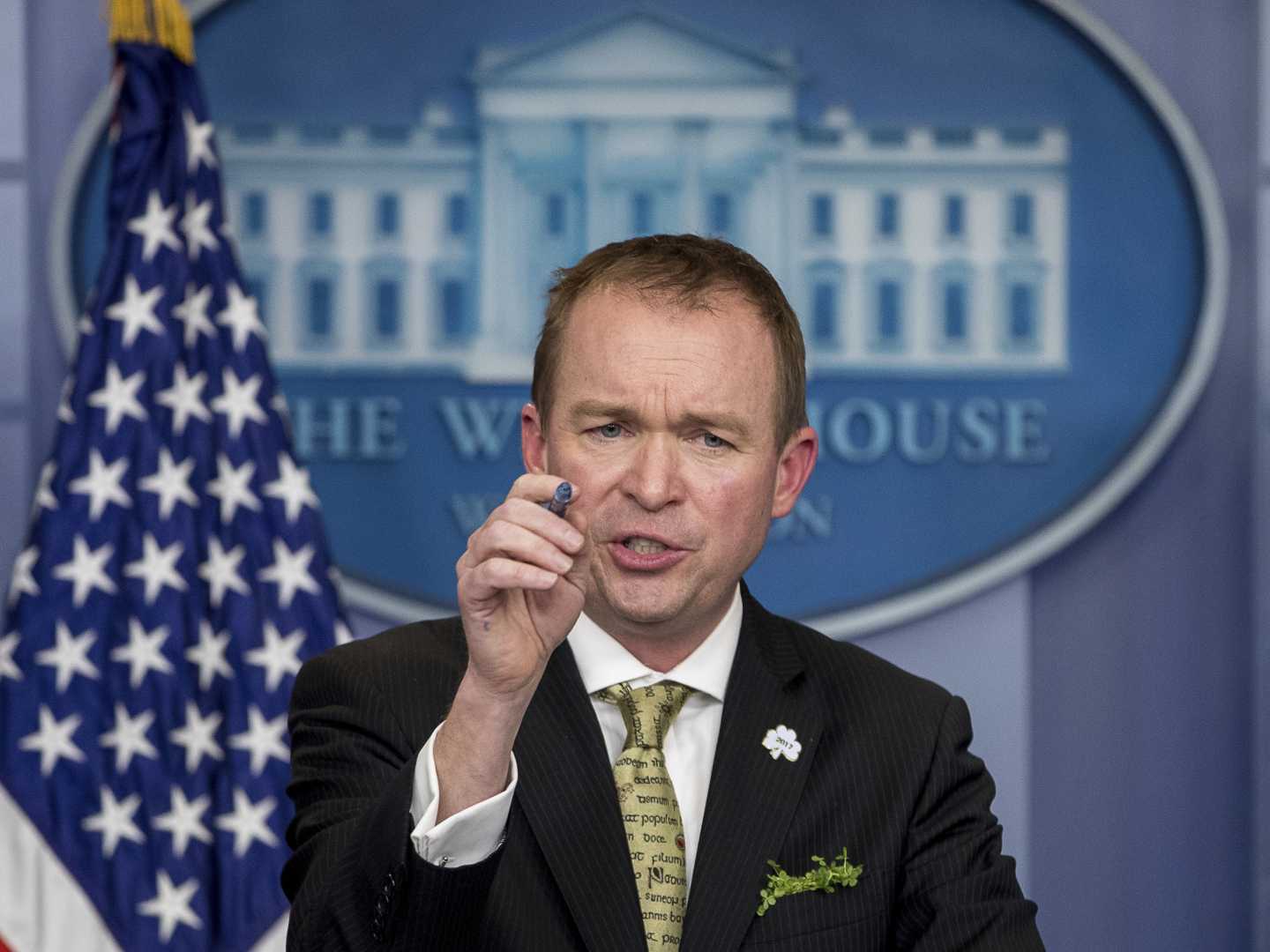Politics
Trump Announces Government Hiring Freeze, Sparks Union Backlash

WASHINGTON, D.C. — President Donald Trump announced a government-wide hiring freeze on his first day in office, a move that mirrors his 2017 policy and has already drawn sharp criticism from federal employee unions. The freeze, effective immediately, includes exceptions for “essential areas” such as national security and immigration agencies, according to a White House memorandum.
“The president will usher in a Golden Age for America by reforming and improving the government bureaucracy to work for the American people,” the White House stated. “He will freeze bureaucrat hiring except in essential areas to end the onslaught of useless and overpaid DEI activists buried into the federal workforce.”
The hiring freeze is part of Trump’s broader “drain the swamp” agenda, which also includes pausing all regulatory efforts and reshaping federal civil service laws. The administration plans to establish the Department of Government Efficiency (DOGE), a non-governmental entity led by billionaire Elon Musk, to streamline federal operations and reduce spending.
However, the American Federation of Government Employees (AFGE), the largest federal worker union, has already filed a lawsuit against the DOGE initiative, alleging violations of the Federal Advisory Committee Act. “AFGE will not stand idly by as a secretive group of ultra-wealthy individuals with major conflicts of interest attempt to deregulate themselves and give their own companies sweetheart government contracts while firing civil servants,” said AFGE President Everett Kelley.
Trump’s hiring freeze echoes actions taken during his first term, which had lasting impacts on federal agencies. A 2017 Government Accountability Office (GAO) report found that such freezes often exacerbate workforce shortages and lead to increased reliance on contractors. “If you want to reduce the workforce, you have to reduce the functions they’re doing,” GAO Chief Gene Dodaro told Congress in 2017.
Despite exemptions for critical roles, agencies like the Veterans Affairs Department struggled with staffing shortages during Trump’s previous freeze. The State Department extended its hiring freeze, leading to a significant decline in workforce numbers. Critics argue that similar challenges could arise this time, particularly as the administration seeks to cut federal spending by $2 trillion.
Trump’s return-to-office mandate for federal workers has also sparked concerns among employees who rely on remote work arrangements. Chelsea Milburn, a public affairs specialist with the Department of Education, expressed fear over losing her job due to her disability. “I can’t stay in the same posture for too long,” said Milburn, who suffers from postural orthostatic tachycardia syndrome. “When I got hired as a civil servant, it showed me that even with my disability, my country sees that I still have value.”
AFGE President Kelley emphasized that remote work has increased productivity and efficiency within the federal government. “Telework and remote work are tools that have helped the federal government increase productivity and efficiency,” Kelley said. “What we worked for is not a gift, it’s called negotiation.”
As the administration moves forward with its plans, federal employees across the country remain uncertain about their futures. Johnny Jones, a TSA agent in Dallas, voiced the anxieties of many frontline workers. “All of this uncertainty is affecting us,” Jones said. “The last thing we want to hear is a bunch of political rhetoric coming out of Washington saying, ‘Oh, we’re going to cut this and cut that to save some money,’ possibly at our expense.”












